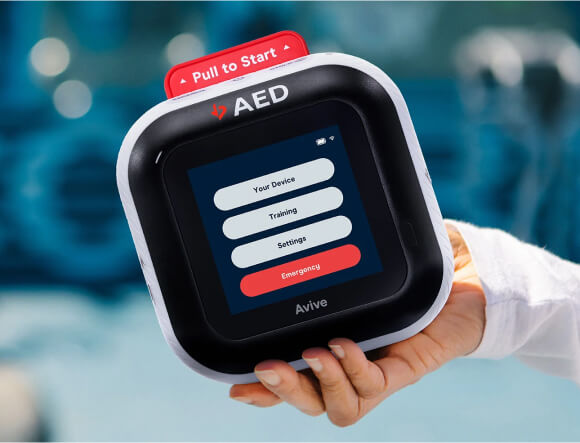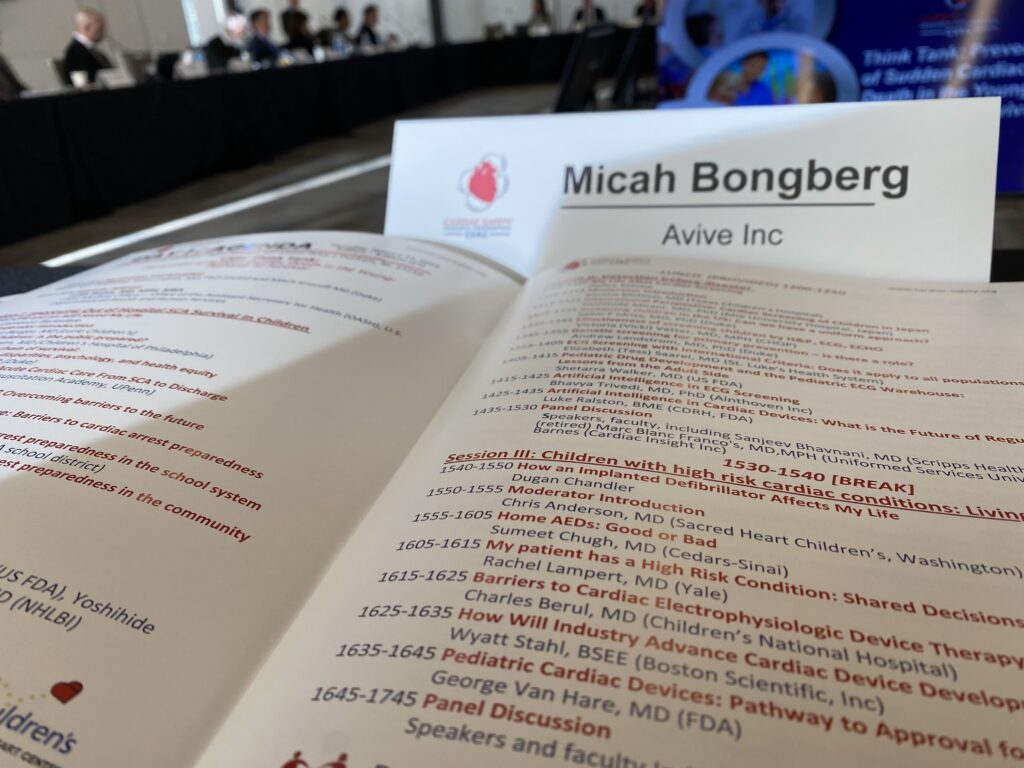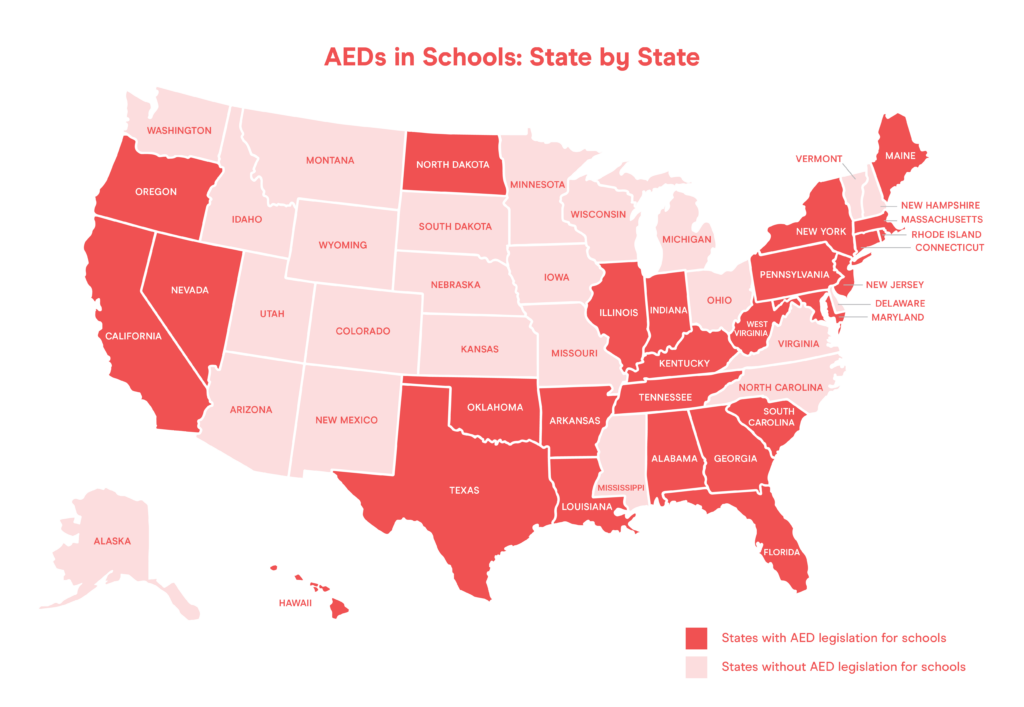New Texas Legislation Leads the Way Into the Future of AEDs
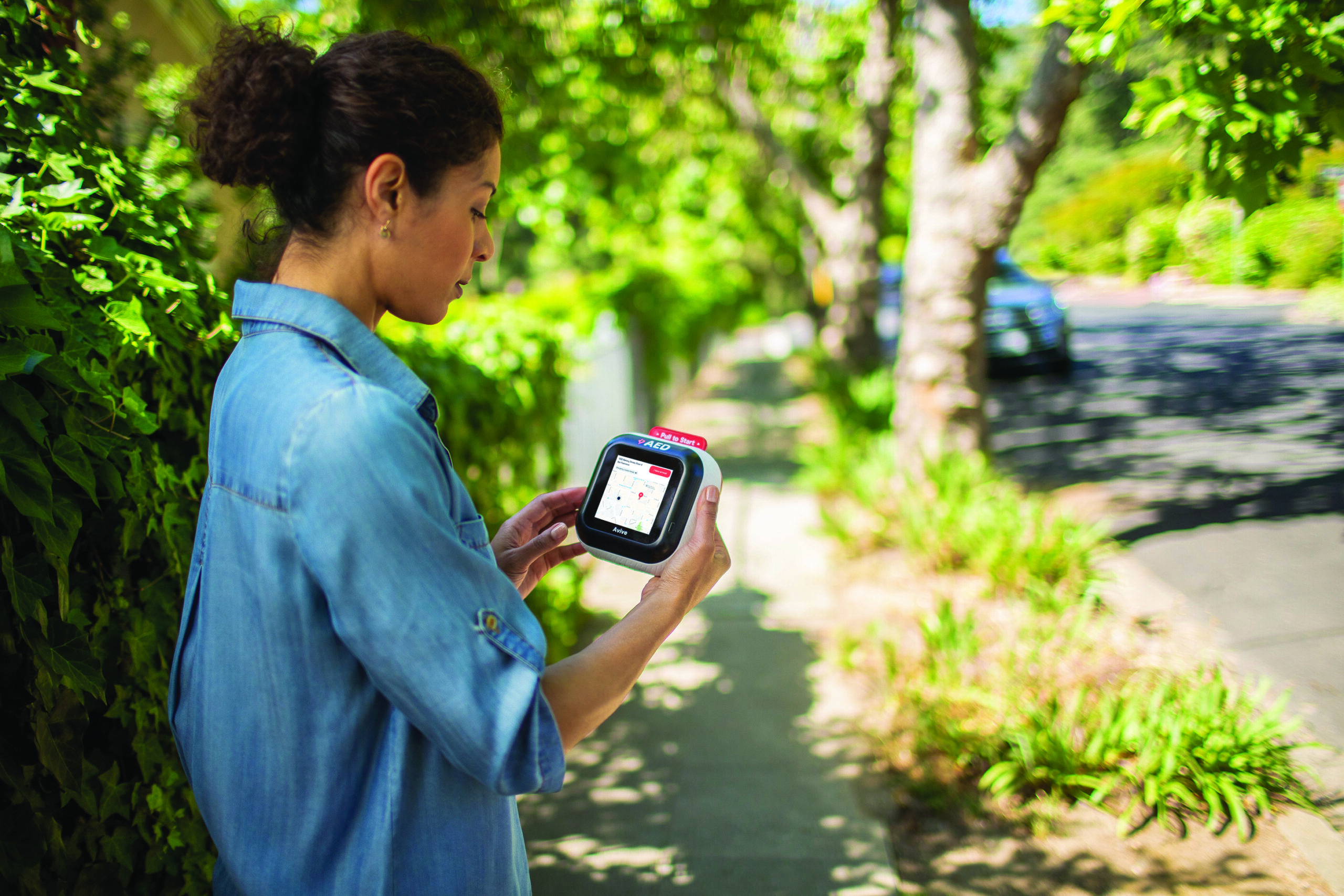
On September 1, 2021, a pioneering Texas law regarding AEDs came into effect. The new law (SB199) and its companion (HB786) work together to limit civil liability for the use, attempted use, or failure to use an AED, while simultaneously requiring 911 dispatchers to be properly trained in providing instructions over the phone to untrained people who have an AED available for use during an emergency. This innovative change by the Texas legislature will likely serve as an example for other states whose current AED legislation has onerous provisions regarding costly training as a prerequisite for AED use, limited provisions regarding civil liability and stiff penalties.

What Does the New Texas AED Law Require?
Specifically, SB199 now requires a person or entity who owns (or leases) an AED to simply (i) maintain and test the AED according to the manufacturer’s guidelines, and (ii) conduct monthly inspections to ascertain that the AED is in its designated location, appears to be ready for use, and does not appear to be damaged. SB199 also removes any civil liability for physicians, entities, and laypersons who are involved in the acquisition, operation, or management of an AED unless the conduct is willfully or wantonly negligent. In other words, civil liability will attach only when the person acts with an intention to cause harm, or with a high degree of reckless disregard for the safety of others. In fact, SB199 unequivocally states: “The immunity described by this section applies regardless of whether the person who uses, attempts to use, or fails to use the AED received training in the use of an AED.”
This is a significant shift when compared to corresponding AED legislation across the country which usually requires entities that purchase an AED to provide costly training to all employees and potential AED operators, requires regular supervision by a prescribing physician, and only affords limited protection from civil liability when all these prerequisites have been met. Understandably then, businesses and individuals across the country are hesitant to commit to the purchase of an AED when the costs and potential consequences are inconvenient in the best case scenario, and devastating in the worse case. Thankfully Texas is now setting the standard for a new way to approach AED regulations and thereby motivate business owners to have one available.
An AED is a wonder of technology because although it is a sophisticated medical device, it is also meant to be easy-to-use by an untrained person. The AED does all the work, the bystander simply needs to grab it and connect it to the person in need. Doubtless most of us would be hesitant to do so without any prior experiences using an AED, but this is precisely where the Texas legislature has sought to fill the gap. HB786, approved in conjunction with SB199, requires 911 dispatchers to be trained in giving instructions over the phone to bystanders who want to assist a person suffering from cardiac arrest. This confirms the forethought and vision of the Texas legislature in passing these new laws and paves the way for 911 dispatchers across the country to learn from the experiences of Texas dispatchers who are already starting to assist bystanders in the use of AEDs without any prior training.
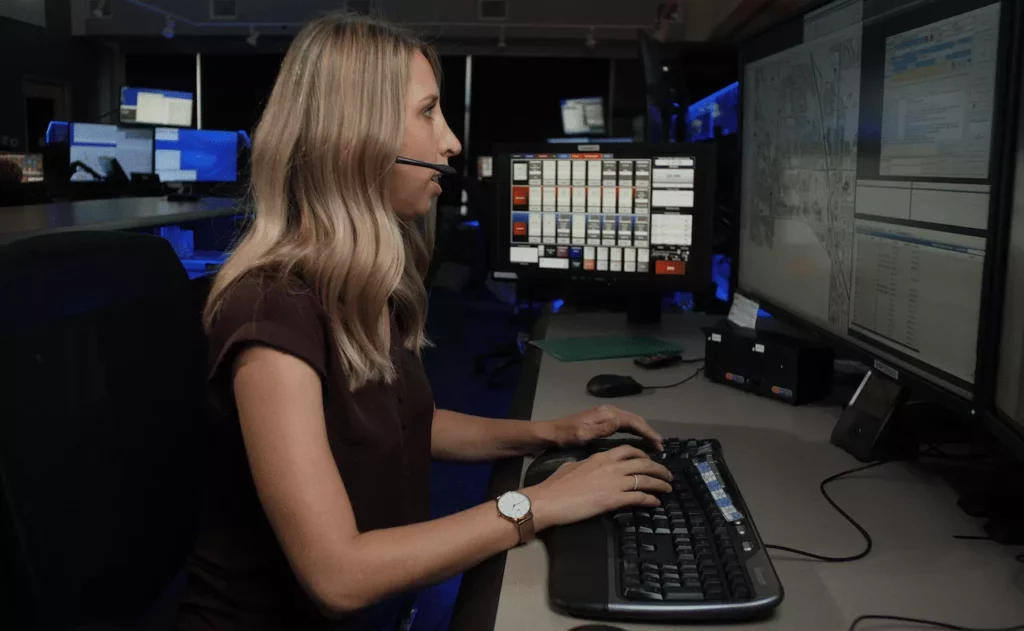
According to the Red Cross, Sudden Cardiac Arrest is among the leading causes of death in the United States… and the only way to restore a regular heart rhythm during cardiac arrest is to use an AED. So having an AED handy is critical when you, or someone you love, suffers a sudden cardiac arrest and the ambulance is about 10 minutes away. Anyone in that situation would surely want to have an AED available, and this new Texas law is a step in the right direction to make this a reality rather than a lucky draw. Hopefully other state legislatures will follow this new trend and begin modifying their own regulations so that availability of AEDs becomes the norm for all businesses, big and small, across the country.
Avive AED® Products for Sale
Shop Avive’s high-quality AED products, designed to empower communities to save lives.
Related Posts
What Are the Common Causes of Cardiac Arrest in Infants and Children?
Discover the causes of cardiac arrest in children and infants and how to prevent this life-threatening condition...
Addressing Cardiac Arrest in 2024: Highlights from the CSRC Think Tank & Heart to Heart
We’re not even through the first month of the new year, and we’ve already garnered enough motivation…
4 States Introduce New AED School Laws in Fall 2023
Youth spend the majority of their time at school, as do the teachers and staff who support…

